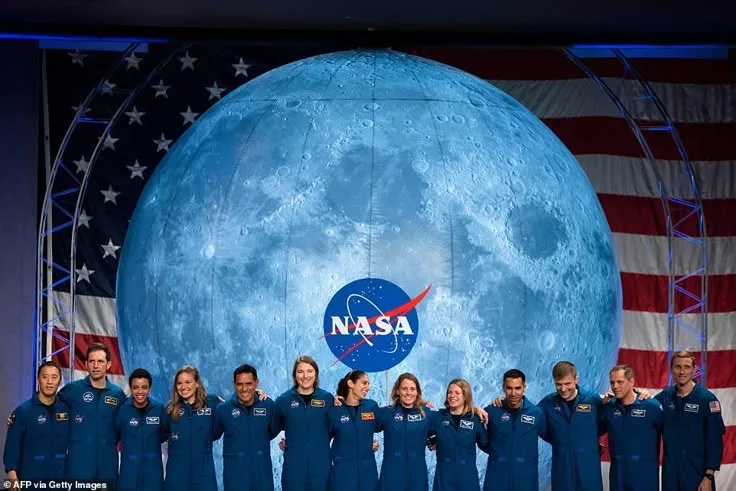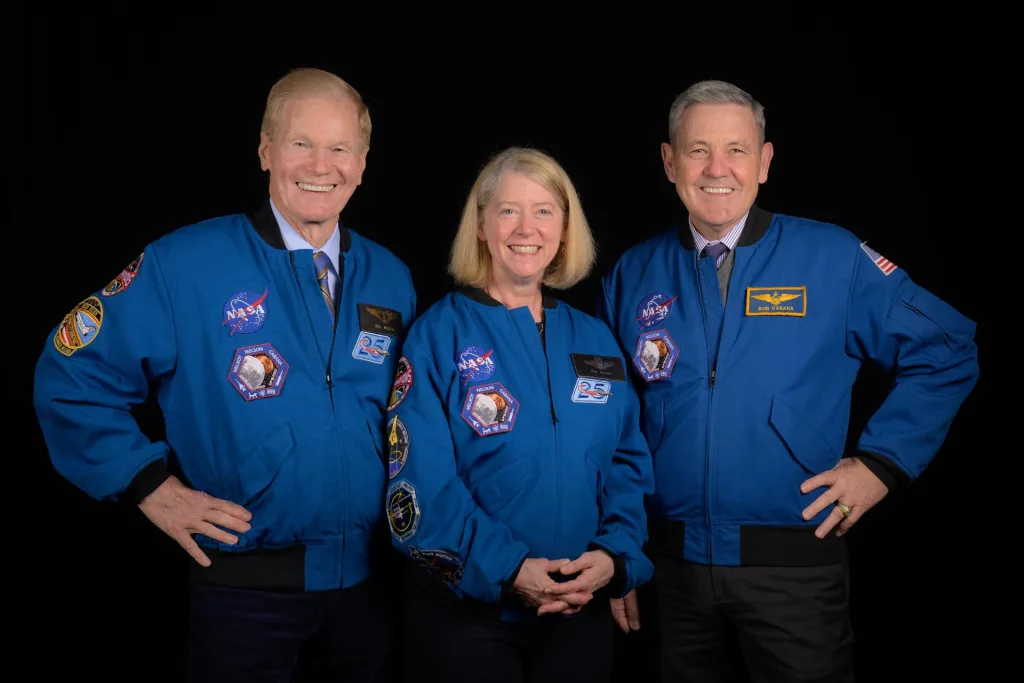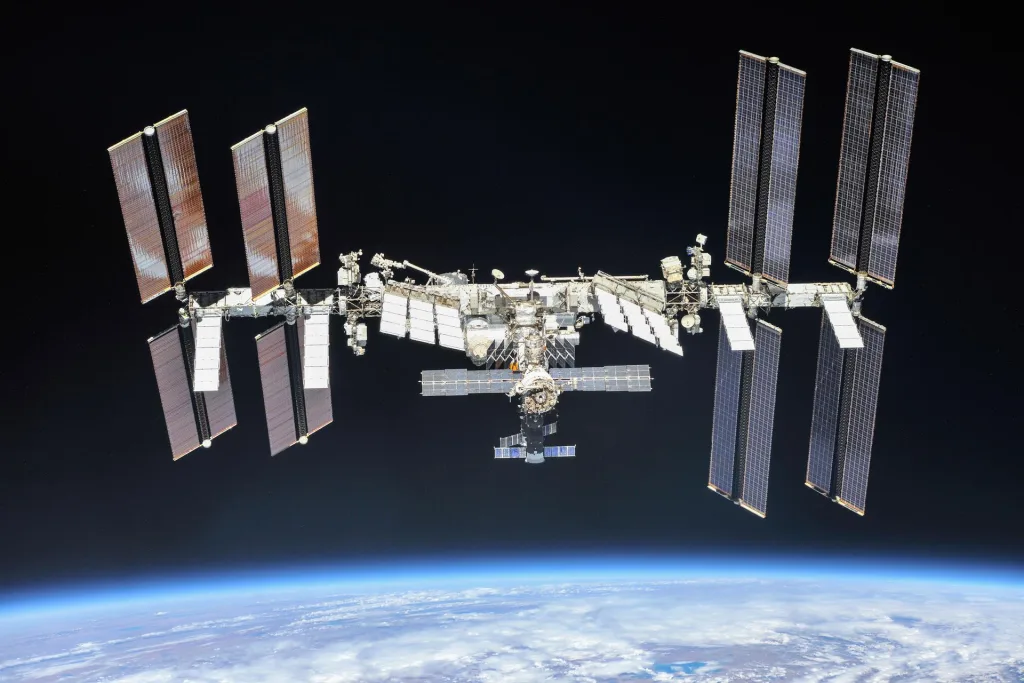Washington, D.C.
The Trump administration’s proposed budget for fiscal year 2026 has ignited a firestorm of controversy within the scientific community and space exploration sector, as it outlines a near 25% reduction in NASA’s funding. The proposal, released by the White House, seeks to allocate $18.8 billion to the agency, a stark drop from the current year’s $24.8 billion. This $6 billion cut signals a fundamental shift in the administration’s vision for NASA, prioritizing crewed missions while significantly curtailing vital scientific research and international partnerships.

Full Coverage
The Trump administration has unveiled a budget proposal for fiscal year 2026 that calls for a significant reduction in NASA’s funding, slashing its budget by nearly 25%. According to the White House’s released documents, the proposed allocation for NASA is $18.8 billion, a substantial decrease from the current year’s $24.8 billion.
This proposed cut of $6 billion represents a dramatic shift in the administration’s approach to space exploration and scientific research. The impact of these reductions would be felt across nearly all of NASA’s operations, including the International Space Station (ISS). The proposal outlines a $508 million cut to the ISS budget, signaling a potential change in the U.S. commitment to the long-standing international collaboration.

Furthermore, the budget proposal targets several research initiatives not directly related to crewed spaceflight. Notably, the project aimed at collecting and returning Martian rock samples to Earth faces significant cuts.
However, the administration’s proposal does indicate a clear prioritization of crewed space missions. The budget allocates a $647 million increase in funding for crewed spaceflight programs, reflecting the White House’s stated ambition to return American astronauts to the Moon and ultimately send humans to Mars, with the intention of doing so ahead of China.
This proposed budget reflects a strategic realignment within NASA, favoring ambitious human exploration goals while significantly curtailing funding for other critical scientific research and international partnerships. The potential ramifications of these cuts are likely to spark debate within the scientific community and among space exploration advocates.

Impact on Key Projects and Research:
The proposed budget cuts are not merely abstract figures; they translate to tangible impacts on ongoing and planned NASA projects. A $508 million reduction in funding for the International Space Station (ISS) raises questions about the long-term viability of the program and the U.S.’s commitment to international collaboration in low-Earth orbit. This could lead to a reassessment of planned experiments, maintenance schedules, and the overall operational lifetime of the ISS, potentially affecting the scientific output and technological advancements derived from this unique platform.
Furthermore, the significant cuts to projects not directly related to crewed spaceflight are particularly concerning to scientists. The Mars Sample Return mission, a cornerstone of planetary science, faces substantial reductions. This mission is crucial for understanding the Martian geological history, searching for potential signs of past life, and preparing for future human missions to the Red Planet. Delays or cancellations would severely hamper our understanding of Mars and potentially set back planetary science research for years.
Other areas of research likely to be affected include Earth science missions, which monitor climate change and environmental phenomena, and astrophysics projects, which explore the universe’s origins and composition. These cuts could lead to delays in crucial data collection, impacting our ability to understand and address pressing global challenges.

Prioritizing Crewed Missions and Lunar/Martian Ambitions:
The administration’s proposal signals a clear focus on crewed space exploration, allocating a $647 million increase in funding for these programs. This reflects the White House’s stated ambition to return American astronauts to the Moon under the Artemis program and ultimately send humans to Mars, with the specific goal of beating China in this space race.
While the ambition to return to the Moon and venture to Mars is laudable, the significant cuts to other areas of NASA’s portfolio raise concerns about the agency’s ability to maintain a balanced and comprehensive approach to space exploration. Critics argue that neglecting fundamental research and international collaborations could undermine the long-term sustainability and scientific value of future crewed missions.

Potential Ramifications and Debate:
The proposed budget cuts are likely to trigger a heated debate within the scientific community, Congress, and among space exploration advocates. Concerns are being raised about the long-term consequences of these cuts on scientific progress, international cooperation, and the overall health of NASA. The potential for delays or cancellations of critical research projects could have far-reaching implications for our understanding of the universe and our planet.
Ultimately, the final budget allocation for NASA will be determined through the legislative process. However, the Trump administration’s proposal has set the stage for a significant discussion about the future direction of the agency and the balance between crewed space exploration and scientific research.
